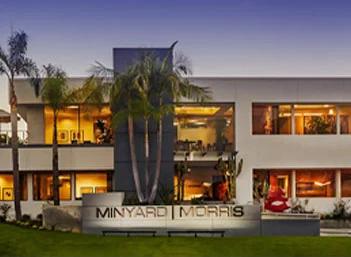business-valuation-overview
How Are Businesses Handled In A Divorce?
One of the most complex areas in family law is the valuation of a business interest and the determination and calculation of any equitable apportionment or right to reimbursement relative to any increase in the value of a business that was owned by one party before the date of marriage.
The court may award a community business to either party and, although rare, it may order it to be sold or award it to the parties jointly. The valuation of a business generally requires the services of a valuation expert.
See our Business Valuation Practice Area Page
Valuation Method: Capitalization of Excess Earnings (Asset Based Approach)
| Book Value (Assets on the Corporate Books After Depreciation |
$200,000 | |
| Adjustment of assets to FMV | + 100,000 | |
| Adjusted Book Value | $300,000 (A) | |
| Earnings of Business Plus Total / Compensation of Operating Spouse (5 years average) |
400,000* | |
| Return on adjusted book value (5% x $300,000) |
– 15,000 | |
| Reasonable Compensation of Operating Spouse |
– 150,000 | |
| Excess Compensation | 235,000 | |
| Multiple | × 2 | |
| Goodwill | $470,000 (B) | |
| Total Fair Market Value | $770,000 (A) + (B) |
Asset Based Approach
Book value (assets less
liabilities)
Adjust assets to fair market
value
Add goodwill (likelihood of
continued public patronage/
business’s ability to generate
superior earnings)
Valuation
Valuation Method: Capitalization of Earnings (Income Based Approach)
| Earnings of Business Plus Total Compensation of Operating Spouse (5 years average) |
$400,000 |
| Reasonable Compensation | – 150,000 |
| 250,000 | |
| Multiple Excess Compensation | x 3 |
| Total Fair Market Value | $750,000*** |
*** Add any non-operating assets and excess working capital to the value of the business
Income Based Approach
Determine Earnings of Business Plus Total Compensation of Operating Spouse Less Reasonable Compensation for Operating Spouse
Apply a Multiplier/CAP Rate*
Add Back Any
Non-Operating Assets
* The multiplier/CAP rate used in an asset based approach is not the same as the multiple/CAP rate used in an income based approach.





